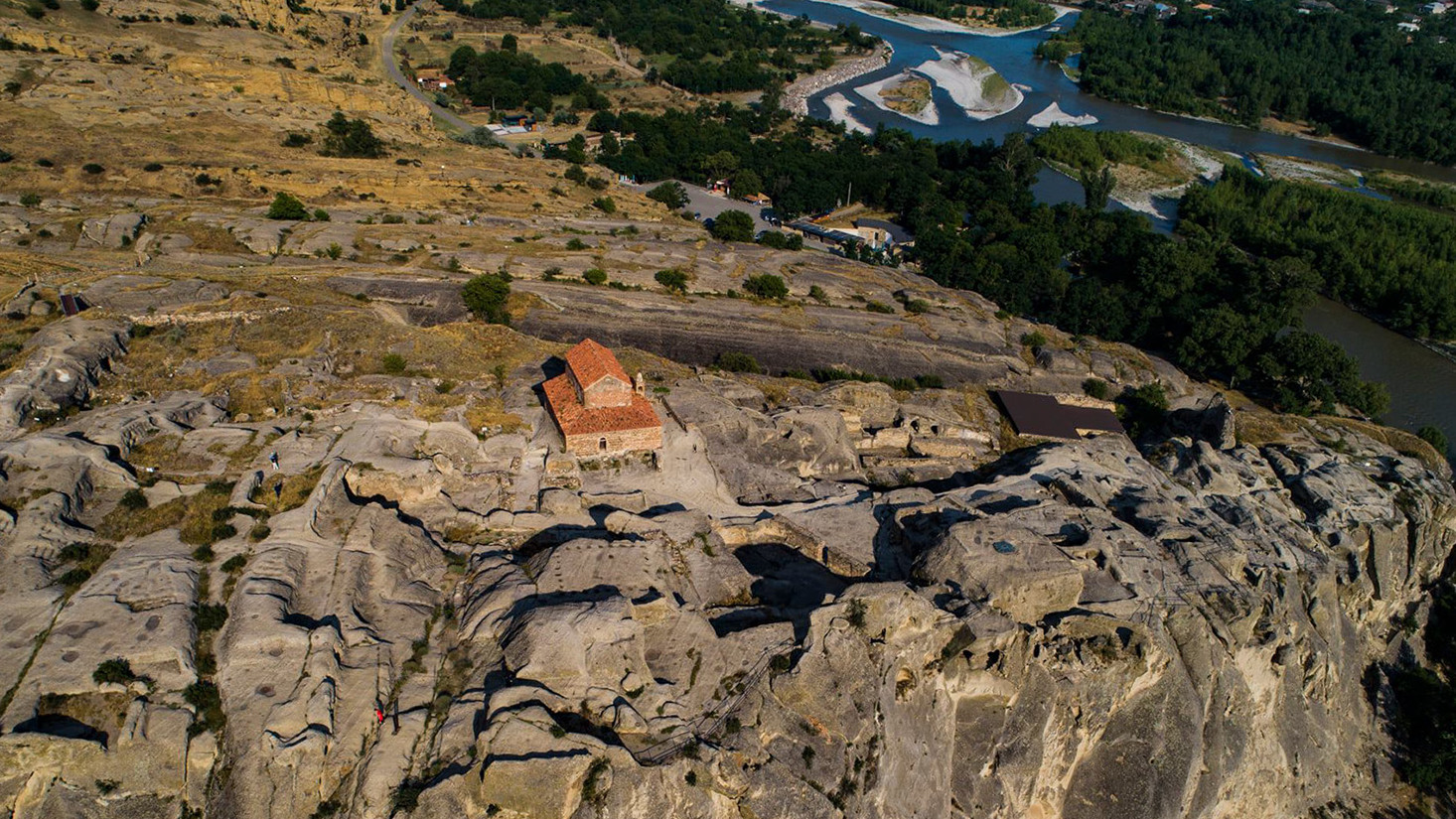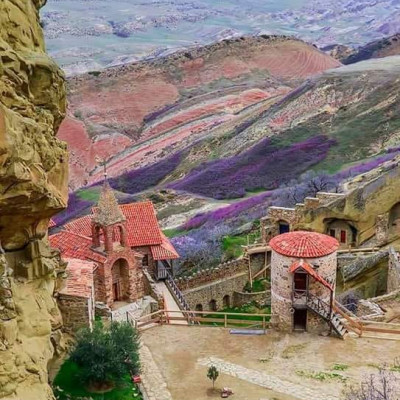
Georgia is often celebrated for its capital Tbilisi, the Caucasus Mountains, and Kakheti’s vineyards, but beyond the well-known destinations lie smaller towns with their own unique character. Among them, Gori, Telavi, and Akhaltsikhe stand out as places where history, culture, and hospitality come together to tell the story of authentic Georgian life. Gori, in the Shida Kartli region, is widely known as the birthplace of Joseph Stalin, but its appeal goes far beyond that. The highlight nearby is Uplistsikhe, an ancient cave city carved into cliffs that once thrived on the Silk Road. Today, Gori welcomes travelers with lively markets, seasonal produce, homemade sweets, and a warm local atmosphere that feels genuine and untouched by mass tourism. Telavi, in Kakheti, is surrounded by vineyards and is considered the heart of Georgia’s wine region. Beyond being a starting point for wine tours, Telavi charms visitors with the fortress of Batonis Tsikhe, its old streets, and the famous 900-year-old plane tree. Visiting small family wineries here is not just about tasting wine but experiencing centuries-old traditions, as hosts open their homes and cellars to guests. With stunning mountain views and a deep connection to Georgia’s winemaking heritage, Telavi captures the essence of Georgian culture. Akhaltsikhe, in Samtskhe-Javakheti, offers a different atmosphere, shaped by its diverse history. Its landmark, Rabati Fortress, combines Georgian, Ottoman, and medieval influences and houses churches, mosques, synagogues, and museums within its walls. Nearby, the cave monastery of Vardzia adds another layer of fascination, with its rock-cut chambers overlooking the Mtkvari River. Akhaltsikhe is also a gateway to a region of lakes, villages, and traditions that remain alive in music, cuisine, and everyday life. Together, Gori, Telavi, and Akhaltsikhe show that Georgia’s charm is not only in its famous sights but also in its small towns, where travelers discover history, hospitality, and the rhythms of daily life. Exploring them means slowing down, connecting with locals, and finding Georgia’s treasures in the places where culture is still lived every day.






 Deutsch
Deutsch
 русский
русский
